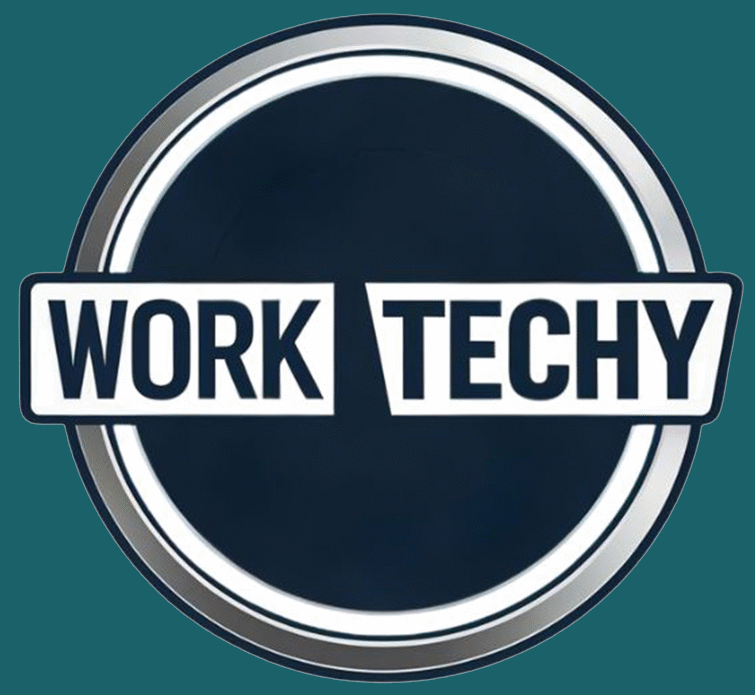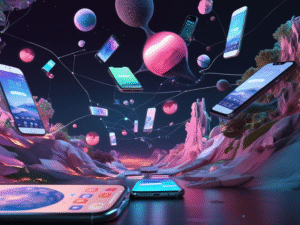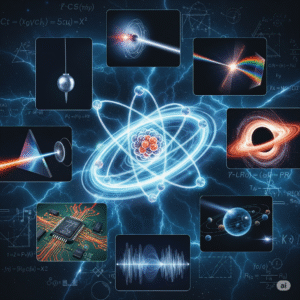Table of Contents
ToggleIntroduction
Education and learning are among the most powerful forces shaping human civilization. From the earliest days of human history, knowledge has been passed down from one generation to the next, enabling people to survive, adapt, and progress. Education is not limited to schools or formal institutions; it is a lifelong process that extends into every stage of life. Learning, whether through observation, experience, or structured teaching, equips individuals with the tools to think critically, innovate, and contribute to society.
In today’s fast-paced, interconnected, and technology-driven world, the importance of education and learning has grown even more significant. They are the bedrock of personal development, social transformation, and global advancement. This article explores the meaning of education and learning, their evolution, types, significance, challenges, and the future directions they may take in the 21st century.
Defining Education and Learning
Education can be defined as the systematic process of acquiring knowledge, skills, values, and habits through formal instruction, training, or study. It often takes place in schools, colleges, and universities, but extends beyond these institutions into workplaces, homes, and communities.
Learning, on the other hand, is a broader concept. It refers to the process of gaining knowledge and understanding through experience, reflection, and practice. While education is a structured system, learning can be both formal and informal. For example, a child learning to ride a bicycle or an adult mastering digital tools at work are both examples of learning outside formal education.
Thus, education is one of the many pathways of learning, but learning itself is lifelong and limitless.
The Historical Evolution of Education
The history of education reflects the growth of human civilization.
Prehistoric Era: In early societies, education was informal. Skills like hunting, farming, tool-making, and storytelling were passed down orally from elders to younger generations.
Ancient Civilizations: Structured education emerged in civilizations like Mesopotamia, Egypt, India, China, and Greece. The Gurukul system in India emphasized holistic learning, combining academics with discipline and spirituality. In Greece, philosophers such as Socrates, Plato, and Aristotle laid the foundation of Western education, emphasizing reasoning and critical thinking.
Medieval Period: The rise of religious institutions gave education a new direction. In Europe, the Church established monasteries and schools. In the Islamic world, madrasas became centers of science, mathematics, and philosophy.
Modern Era: With the Renaissance, Enlightenment, and Industrial Revolution, education became more scientific, secular, and widely accessible. Compulsory schooling laws in the 19th century marked the beginning of universal education in many countries.
Contemporary Age: Today, education is globalized and technology-driven. Digital platforms, online learning, and international exchanges make education accessible to millions who once lacked opportunities.
Types of Education
Education can be categorized into three main types:
Formal Education
Conducted in structured institutions like schools and universities.
Follows a curriculum with a defined progression.
Awards certifications, degrees, or diplomas.
Example: Learning mathematics, languages, or science in school.
Informal Education
Occurs outside structured institutions.
Learning gained from family, community, or personal experiences.
Example: Learning cultural traditions, moral values, or cooking from parents.
Non-Formal Education
Organized, but outside the formal schooling system.
Includes vocational training, adult literacy programs, or online courses.
Example: Learning coding through an online boot camp.
The Importance of Education and Learning
Personal Development
Education helps individuals unlock their potential. It develops cognitive skills, creativity, and problem-solving abilities. Learning builds confidence, self-awareness, and resilience, empowering people to adapt to different life situations.
Social Transformation
Education fosters social harmony by teaching values such as tolerance, empathy, and respect. It reduces social inequalities, empowers marginalized communities, and promotes gender equality. An educated population is more likely to uphold democratic principles and human rights.
Economic Growth
The link between education and economic development is undeniable. Skilled and educated workers contribute to innovation, productivity, and industrial growth. Nations with higher literacy rates and better education systems generally enjoy stronger economies.
Global Citizenship
In a globalized world, education nurtures cross-cultural understanding and cooperation. It helps individuals appreciate diversity, think globally, and act responsibly towards global challenges such as climate change, poverty, and peacebuilding.
Technological Advancement
Education equips individuals with the knowledge to embrace and drive technological change. From artificial intelligence to biotechnology, advances in science rely heavily on education systems that prepare future innovators.
The Role of Teachers in Education
Teachers are the pillars of the education system. They not only impart knowledge but also inspire, mentor, and guide students. A good teacher instills curiosity, critical thinking, and lifelong learning habits. In the digital age, the teacher’s role has evolved from being a source of knowledge to a facilitator who helps learners navigate vast amounts of information available online.
Modern Trends in Education
Digital and Online Learning
The rise of e-learning platforms, virtual classrooms, and massive open online courses (MOOCs) has transformed education. Students can now learn from anywhere, breaking barriers of geography and cost.
Personalized Learning
Technology enables tailored educational experiences based on individual learning styles and pace. Adaptive learning software helps students master concepts at their own speed.
With rapid technological change, learning does not end with formal education. Continuous upskilling and reskilling are necessary for career growth and adaptability.
Experiential Learning
Learning by doing—through internships, projects, and fieldwork—enhances practical skills and deepens understanding.
A combination of traditional classroom teaching and digital methods provides flexibility and maximizes learning outcomes.
Challenges in Education and Learning
Access and Inequality: Despite progress, millions of children, especially in developing countries, lack access to quality education. Poverty, gender discrimination, and geographical barriers remain major obstacles.
Quality of Education: Merely attending school does not guarantee learning. Inadequate infrastructure, outdated curricula, and poorly trained teachers limit educational effectiveness.
Digital Divide: While technology has opened new doors, not all learners have equal access to devices and the internet. This creates a gap between the privileged and the marginalized.
Examination-Oriented Systems: Many education systems prioritize rote learning and test scores over creativity, problem-solving, and holistic development.
Mental Health Concerns: Academic pressure, competition, and stress have led to rising concerns about student well-being. Balancing achievement with mental health is crucial.
The Future of Education and Learning
The future of education will be shaped by innovation, inclusivity, and adaptability. Key trends include:
Artificial Intelligence in Education: AI-powered tools will provide personalized tutoring, automate grading, and analyze student performance to improve teaching methods.
Global Collaboration: Virtual classrooms will connect students worldwide, promoting cultural exchange and collective problem-solving.
Sustainability Education: Schools and universities will increasingly emphasize environmental literacy, preparing students to tackle global sustainability challenges.
Hybrid Models: Blending online and offline methods will become the norm, offering flexibility and accessibility.
Human-Centered Skills: Beyond technical skills, emphasis will be on creativity, emotional intelligence, communication, and critical thinking—skills machines cannot replace.
Conclusion
Education and learning are far more than processes of acquiring knowledge; they are transformative forces that shape individuals, societies, and civilizations. They open doors to opportunities, reduce inequalities, and empower people to create a better future. While challenges remain, the pursuit of inclusive, high-quality, and lifelong learning is essential for sustainable progress in the modern world.
As the 21st century unfolds, education must evolve to meet new realities, harness the power of technology, and foster values that promote peace, cooperation, and innovation. In essence, education and learning are not only tools for survival but also keys to human flourishing and global harmony.



